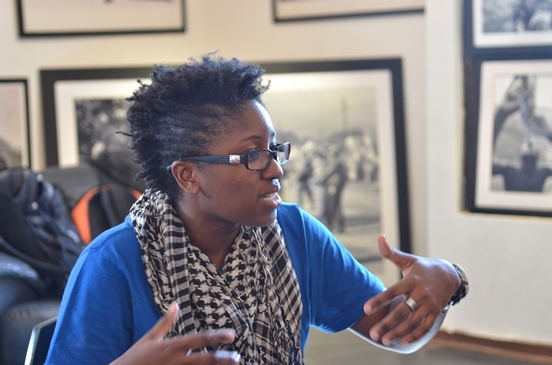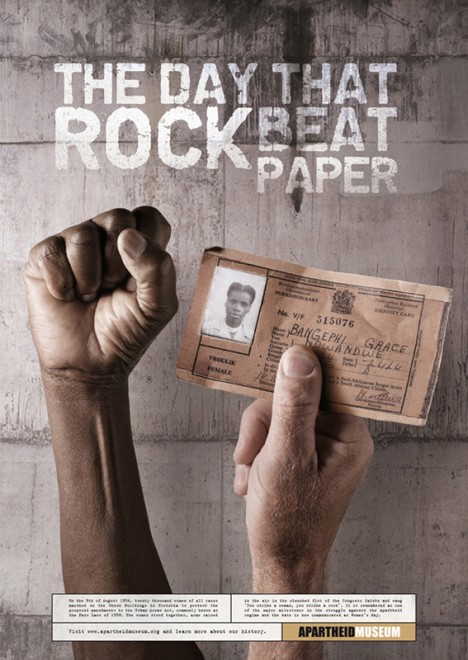BET.com interviews me about my work as a media activist focusing on gender and LGBT issues in Africa. The piece, which was very positive and optimistic, prompted some thoughts about what "good" media activism means to me. Surprisingly "good" media has nothing to do with it. Read the interview, and…
-
-
Ugandan LGBT Activists Sue American Evangelist for Inspiring “Kill the Gays” Bill
Scott Lively is one of three American pastors who visited Uganda in 2009 and whom gay activists accuse of helping draft the original version of Uganda’s infamous “Kill The Gays†bill, which called for the death penalty for LGBT people in the country. So now, Sexual Minorities Uganda, a non-profit…
-
Advocacy - African Feminism - Afrofeminism - Blog - Gender and LGBT Issues - International Development - LGBT Africa - Media - Non-Profits - Philanthropy
Saying No to Media Saviorism, Celebrating Africa’s Resistance
How about we — as global gender justice advocates — subvert the idea that women are perpetual victims by covering our collective resistance? How about we cut back on the sensationalism — the shock tactics and controversy we once deployed to get mainstream media to pay attention to issues important…


